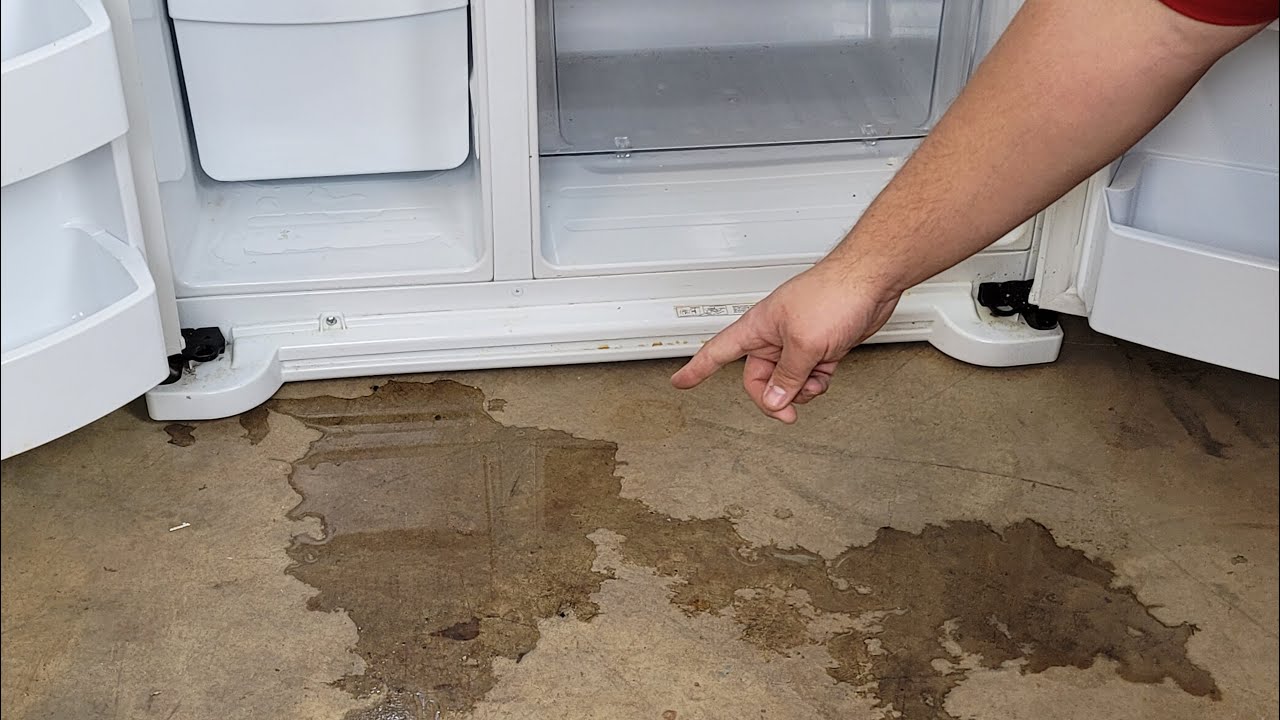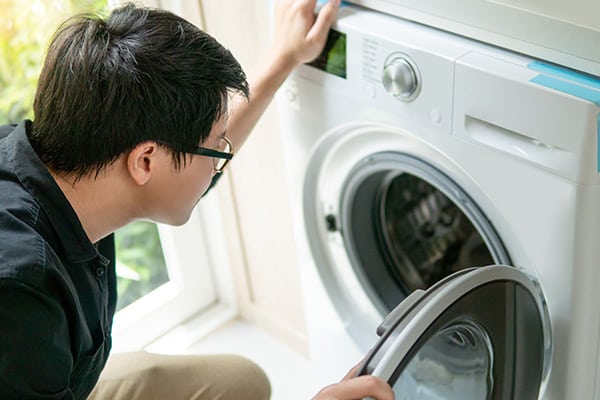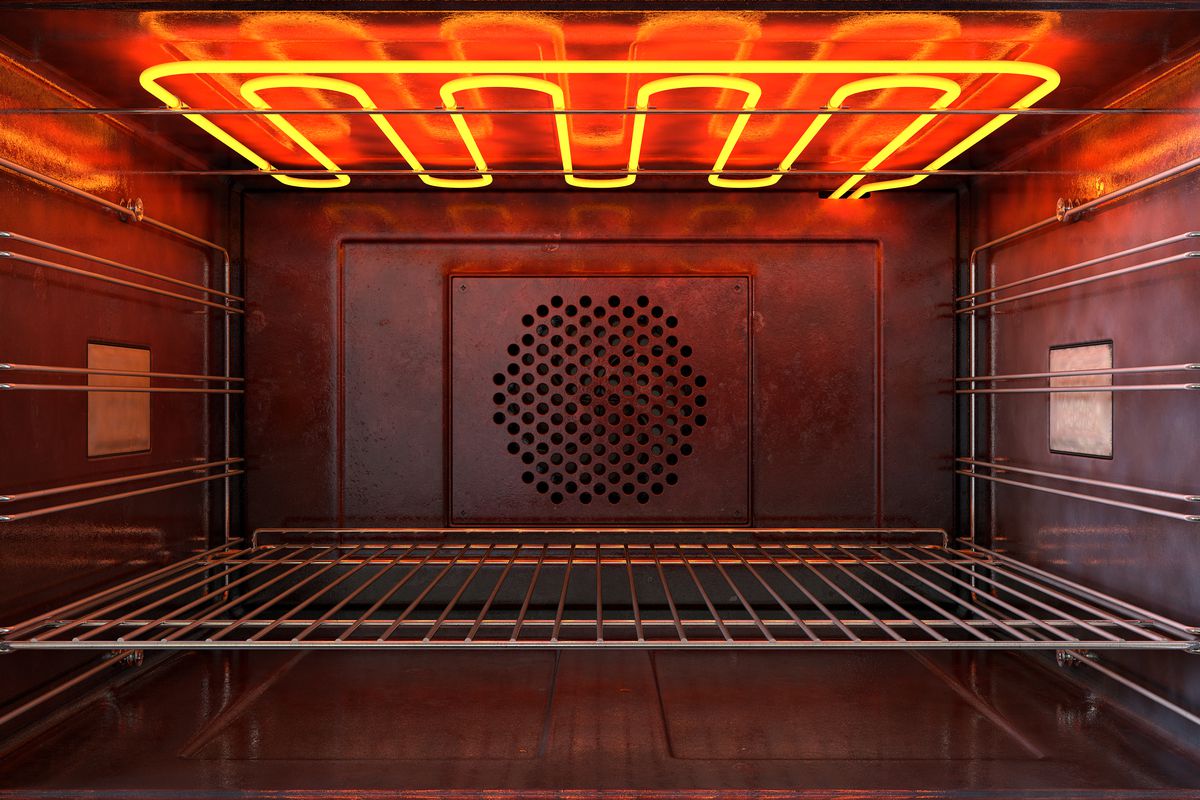Avoid These Mistakes That Can Damage Your Appliances
Home appliances are an essential part of modern life. From refrigerators to washing machines, they make our daily chores easier and more convenient. However, appliances are also expensive investments, and taking care of them is crucial to ensuring their longevity and performance. Improper use, neglect, or mistakes can cause irreversible damage, leading to costly repairs or replacements. In this article, we’ll explore common mistakes that can harm your appliances and offer helpful tips to avoid them. By understanding how to properly maintain your appliances, you can extend their lifespan and keep them running efficiently.
1. Ignoring Regular Cleaning and Maintenance
One of the most common mistakes people make is neglecting the routine cleaning and maintenance of their appliances. Appliances such as dishwashers, dryers, refrigerators, and air conditioners collect dust, grease, food particles, and other debris over time. When these particles accumulate, they can cause parts to malfunction or overheat, reducing the appliance's effectiveness and leading to breakdowns.
Tip: Set up a regular cleaning schedule for all of your appliances. Clean the refrigerator coils, remove lint from dryer filters, check the dishwasher for food remnants, and clean air conditioning filters. These small tasks can prevent serious problems down the road. For detailed information about appliance repair, click here.
2. Overloading Appliances
Overloading your appliances is another common mistake that can lead to permanent damage. For example, cramming too many clothes into the washing machine or overfilling the dishwasher can strain the motor and other components. Overloading your vacuum cleaner can clog its filter or burn out the motor. These practices reduce the efficiency of your appliance and can cause unnecessary wear and tear.
Tip: Always follow the manufacturer's guidelines regarding load capacity. If the appliance is designed for a specific amount of items, ensure that you do not exceed that limit. For washing machines and dishwashers, it’s better to run more cycles with smaller loads than to overload the machine.
3. Using Harsh Cleaning Products
When cleaning your appliances, it’s important to use the right cleaning products. Many harsh chemicals, abrasive cleaners, or scrubbing pads can scratch surfaces or damage internal components. For instance, using strong chemicals in your refrigerator or dishwasher could leave harmful residues that affect the taste or quality of your food.
Tip: Use gentle, non-abrasive cleaning solutions that are specifically designed for your appliances. Always read the labels on cleaning products to ensure they are safe for your appliances. For example, use vinegar and baking soda to clean your washing machine or a soft microfiber cloth to clean stainless steel surfaces.
4. Neglecting the Ventilation System
Appliances that require proper ventilation, such as dryers, ovens, and microwaves, are vulnerable to damage if their ventilation systems are ignored. When vents become clogged with lint, grease, or other debris, they can cause overheating, poor performance, and even fires. A blocked vent can also reduce energy efficiency, making your appliance work harder than necessary.
Tip: Regularly inspect and clean vents, filters, and ducts. For dryers, remove lint from the filter after every load, and clean the ductwork at least once a year. This helps prevent clogs and keeps your appliance running smoothly.
5. Ignoring the Manual and Manufacturer Guidelines
Another common mistake that people make is ignoring the manufacturer's instructions and guidelines. Whether it's for installation, usage, or maintenance, appliance manuals contain vital information that can help you avoid costly errors. Failing to follow these instructions can lead to mistakes such as improper installation, incorrect settings, or using the wrong type of detergent, all of which can harm your appliance.
Tip: Take the time to read the user manual for each appliance you own. Follow the recommended installation and maintenance procedures. If you misplace the manual, most manufacturers offer downloadable versions on their websites.
6. Using the Wrong Detergents and Additives
Certain appliances, such as washing machines, dishwashers, and coffee makers, require specific detergents or additives to function properly. For instance, using the wrong type of detergent in your washing machine or dishwasher can lead to excess suds, which can damage the motor and cause leaks. Additionally, using too much detergent or harsh chemicals can harm the appliance and leave behind harmful residues.
Tip: Always use the detergent or additives recommended by the manufacturer. For washing machines, use the correct type of detergent based on whether you have a high-efficiency machine or a standard one. For dishwashers, choose a detergent designed for your machine to avoid clogging and poor cleaning performance.
7. Failure to Inspect Hoses and Pipes
Hoses and pipes play a vital role in the proper functioning of many appliances, including washing machines, dishwashers, and refrigerators. Over time, hoses can deteriorate, crack, or become clogged, leading to leaks, water damage, or appliance failure. Failing to regularly inspect and replace these hoses can result in expensive repairs or even the need to replace the appliance entirely.
Tip: Check hoses for signs of wear, such as cracks or bulging, and replace them if necessary. If you notice water leaks or slow drainage, inspect the pipes and connections for blockages. Be proactive in preventing water damage by replacing old hoses every few years.
8. Using Appliances with Faulty Wiring or Electrical Issues
Electrical issues are another common cause of appliance breakdowns. If an appliance has a frayed cord, exposed wires, or faulty electrical connections, it can pose a fire hazard or cause the appliance to malfunction. Ignoring electrical problems can lead to serious safety risks and expensive repairs.
Tip: Inspect the power cords, plugs, and electrical connections of your appliances regularly. If you notice any signs of damage, such as sparks, frayed cords, or burning smells, unplug the appliance immediately and have it checked by a professional.
9. Exposing Appliances to Extreme Temperatures
Extreme temperatures can cause damage to your appliances, especially if they are exposed to extreme heat or cold for extended periods. For example, leaving your refrigerator or freezer in a garage that experiences freezing temperatures can cause the appliance to malfunction, while exposing an air conditioner to intense heat can lead to overheating.
Tip: Avoid placing appliances in areas where temperature extremes are common. Keep refrigerators, freezers, and air conditioners in a climate-controlled environment. If you must store appliances in an unheated garage or basement, make sure they are properly insulated or kept away from direct exposure to extreme temperatures.
10. Neglecting to Turn Off Appliances When Not in Use
Leaving appliances running when they are not in use is not only wasteful but can also lead to damage over time. For example, leaving the oven on for hours without anything inside can overheat the internal components. Similarly, leaving a microwave or toaster oven on unnecessarily can cause the appliance to burn out prematurely.
Tip: Always turn off appliances when they are not in use. This simple habit will save you energy costs and prolong the lifespan of your appliances. Consider using timers for appliances like ovens and slow cookers to ensure they are automatically turned off after a set period.
11. Overlooking Appliance Inspections
Many people fail to inspect their appliances regularly for signs of wear and tear. Small issues like strange noises, leaks, or inefficient performance may seem minor, but they could be early warning signs of a more significant problem. Ignoring these issues can lead to more extensive damage, often requiring expensive repairs or replacement.
Tip: Make it a habit to inspect your appliances regularly. Listen for unusual noises, check for leaks, and monitor performance. If you notice anything out of the ordinary, address the problem promptly before it leads to a breakdown.
12. Not Using Appliances for Their Intended Purpose
Using an appliance for a purpose other than what it was designed for can lead to serious damage. For example, using a blender to crush ice when it is not intended for that purpose can strain the motor and cause it to burn out. Similarly, putting non-dishwasher-safe items in the dishwasher can damage both the item and the appliance.
Tip: Always use appliances for their intended purposes, as outlined in the user manual. Don’t try to modify or adapt appliances to perform tasks they were not designed for, as this can cause permanent damage.
Conclusion
Taking care of your home appliances is essential to ensuring their longevity and optimal performance. By avoiding common mistakes such as neglecting regular maintenance, overloading appliances, using harsh cleaners, or ignoring warning signs, you can protect your appliances from unnecessary damage. Follow the manufacturer’s guidelines, perform regular inspections, and always use your appliances as intended. With these simple steps, you can extend the lifespan of your appliances, save money on repairs, and enjoy the convenience they bring to your home for years to come.




